|
I have never in my life been mistaken for an adventurous person. I don't delight in jumping out of planes, playing chicken with deadly wildlife, or peering over the edges of tall cliffs. You won't find me trying the world's hottest pepper. I haven't once felt the urge to run toward a mob scene to “see what all the fuss is about”. However, despite these truths, I said yes when my friend Guerline called and said, "Risikat! Want to go on an adventure?" She had found her birth family in Haiti and was eager to reconnect after being apart from them for nearly twenty years. G's family had sent her to an orphanage at eight years old, hoping she’d have a better shot at life. The question, “Will you help me meet my people?” just isn’t something you say no to. So I said yes. 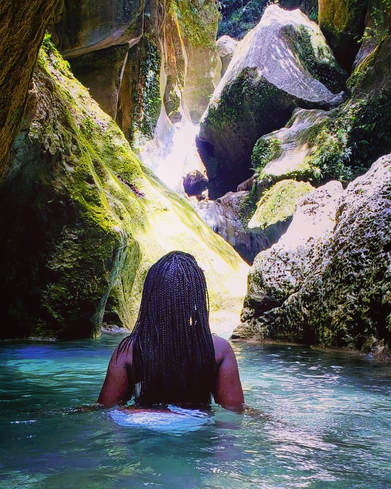 Bassin-Bleu. This place must be protected. Bassin-Bleu. This place must be protected. Preparations went quickly. I pride myself on finding creative ways to travel on the cheap, but I met my match with Haiti. I ruefully handed over $742 to Delta Airlines for a round trip flight from Minneapolis to Port-au-Prince, keenly aware that flights to Santo Domingo in the Dominican Republic (aka, the other side of the same freaking island) were less than $400 at the time. I made goodie bags with personal care items, toys, workbooks. I gathered all the items in my house that lie pristine, yet unused: a digital camera. Reusable water bottles. Survival gear. I got vaccinated for Hepatitis A, Typhoid, Rabies, and a flu shot for good measure. I started my anti-malaria pill regimen - complete with bizarre dreams featuring LeBron James (!) and elaborate action movie escape sequences. The weeks went by and before I knew it, I was walking off a cool plane and into a hot, chaotic scene at the Toussaint Louverture International Airport. Ten minutes into being on Haitian soil, I was met with a surly airport employee demanding $10. "Can you tell me what this fee is for?" I asked in French, noticing that I had been picked out of the line seemingly at random. "You must pay," said the frowning man. Further attempts at clarifying the fee’s purpose were fruitless. Soon enough, a colleague sauntered over, a gun swinging from his shoulder. Long story short: I paid my ten dollars without a clue or explanation and stepped out into the world. I’d later find out from one of Guerline’s friends that this is a common scheme designed to get a few quick bucks from unsuspecting visitors. Corruption? Who knows? But there was definitely a lack of consistency across the board. Oof. Guerline and I connected with her birth mother, her father, and a host of siblings and their children. We spent time in Pétion-Ville, Carrefour, Jacmel, and Port-au-Prince. Truthfully, Haiti cannot be boiled down to a simple list. But give me a little room to share a few of my observations and experiences: Walk toward the light! The energy situation in Haiti is a bit capricious. The power outages at our hotel, the unavailability of adequate street lighting, and the general lack of reliable electricity in homes and many businesses made for some unsettling nights. Guerline’s friend Remy, a Haitian translator for a local mission, recruited his friend Kakou to help drive us around on our first night. We drove through Pétion-Ville in search of a place for dinner. The car’s headlights illuminated masses of people at every turn. The noise of the streets was unfamiliar. Raised voices, shouting, music - a far cry from Minnesota life, to be sure. That first night, I witnessed four men roughly carrying a terrified woman by her arms and legs down a street even darker than the one we were on; no one stopped them. The next night, we got a flat tire. Haitian military men swung their guns around as they watched us negotiate with passersby to track down a jack, tire iron, and a new tire. Nighttime in Haiti is unpredictable. I felt acutely aware of the role light plays in helping people feel safe. Rise and grind Do you ever scroll down Facebook and roll your eyes at the multitude of the “I'm constantly making money moves! I stay on my grind 24/7” variety of posts? It isn’t that I don’t appreciate a good entrepreneur – but some people spend more time talking about how hard they’re working than actually doing the work. It reeks of disingenuity. However, Haiti turns the phrase “Rise and Grind” on its head. The poverty in Haiti is staggering – you must know this. But I didn’t see people begging anywhere. No one expected something for nothing. Every person I saw was selling or making service pitches. Used clothes, a cell phone cord, opened pens, four of the onions they’d grown, filling up tires with air, carrying your bag, helping you with directions – you name it, they were selling it. “Haiti is a jobless country,” says G's friend Remy. “People create usefulness in themselves however they can and with anything they find. Nothing here is worthless.” In short, people walked the walk. The night stretched on as we drank beers and watched people dance and stroll about, as Remy talked about all the reasons there were so few available jobs. Breathe. Drink. Roam. Like any decent traveler, I took precautions – I brought bottled water and plenty of medications. I was generally careful. And while I thankfully didn’t experience anything worse than a mild stomachache, I couldn’t help but internally recoil at the sight of garbage piled high along roads and choking waterways. What's the deal with waste management, here? Here’s the truth: Haiti’s natural environment is in a precarious position. The uncontrolled animal population adds to the trouble. Wild dogs roamed free in some places, snacking on garbage and drinking from pools of standing water in the streets. Veterinary services seemed nonexistent; pregnant, emaciated dogs were plentiful. Traffic consisted mostly of motorcycles and trucks – all spewing black, acrid smoke. Taking in a fresh breath of air anywhere in Port-au-Prince felt impossible. Where does trash go when you live on an island with finite space? If nothing else, food. The nuances of Guerline’s reunion with her family are complex – but food is simple. Visiting G’s mother near Carrefour required driving up a dangerously narrow road, improvising a parking spot, then walking up steep, rocky terrain littered with trash and bits of metal, all with curious street dogs at our feet. Her mother had lovingly picked out mangoes – one for each of us. I’m allergic to mangoes but I ate eagerly (followed by surreptitiously smearing hand sanitizer around my inner lips to kill the swelling. Gross, but it did the job)! In Jacmel, we visited G’s father and siblings. Food was scarce there, too. Her dad took great care to ensure every single person ate before looking to see what was left for him to work with. Being in Haiti made me ashamed to recall the scenes I’ve witnessed in US restaurants with American kids. The feeling of hunger was a constant distraction in some parts of the country. I'm certain my vegetarianism did me no favors (it's possible I ingested some form of rabbit), though I did appreciate Jacmel's plentiful fruit trees! I saw him. Did they? I saw a man dying on my way to the airport. He had been hit by a truck and lay sprawled on the road, a large pool of blood reaching out around his body. When I saw him, I groaned, "Oh, oh God" as I turned my face away. No one around me seemed to care. My hands started shaking. My sunglasses hid my expression well enough but I felt disoriented and sick. And it isn't as though there were helpers on the scene. There weren't police. No ambulance coming. There weren't even gawkers. No one seemed to be asking, "Who is this guy? Does he have family? Do we need to call someone?" Instead, the people selling their fruits and veggies and wares kept on making sales. Pedestrians kept walking atop and around the trash piles. Every bus, truck, and van, including my own, gingerly weaved around the man's still body. The air was thick with the smell of fermenting trash, diesel exhaust, dust, blood, animals. He wasn't moving. There was too much blood - who could survive that? But none of the people I saw reacted. Days later, I still do not understand this. No living being should have to die and be left alone like trash while the world just keeps moving around them. Still, I hesitate to condemn the dozens of people around. What could anyone do? It isn't like I leaped out of the car I was in to help, either. Is it possible that people turning away was a form of self-preservation? What does it mean when life is taken away so frequently and so violently? What of the journey? I didn't travel to Haiti to have some spiritual transformation or to "find myself". This trip was not a vacation. It was not about me or my personal growth. I wasn't aware of the landscape before I visited. I went only so my friend would have a friendly face and an understanding ear at her side. But thinking I'd just be a passive bystander in Haiti was completely wrong. I went, I saw, and I am affected. As I sat in the airport, poised to fly back to Minnesota, I was practically jumping out of my skin. My brain screamed, “Get me the hell out of here!” quickly followed by, “You are so selfish. Some of the people here are really struggling and you’re just going to leave?!” I feel guilty about wanting, and being able, to flee. Things seem impossible – where to start? I think of the environmental concerns: water and air quality, land remediation. The child Restaveks I saw silently doing laundry, sweeping, and cooking, while their peers attended school. The people my age, brilliant and skilled, but with no jobs in which to channel their expertise. Who can change things? The corruption, poverty, and lack of opportunity are overwhelming. I have no bright ideas, no innovative solutions. All I have is this exchange from Scandal to remind me that getting depressed helps no one: Olivia Pope: I don't know what the point is of this, of democracy and freedom and patriotism. If there are no white hats. If everyone is evil. If the deck is always stacked. If everyone I love is a monster. If no one is worth saving. What's the point? Rowan Pope: There is, incidentally, a point. If there are no more white hats, if the deck is always stacked, and if everyone you love is a monster, there is, in fact, someone worth saving. Olivia: Who? Rowan: Everyone! Everyone is worth saving! Even the monsters, even the demons. Everyone is worth saving. In the face of darkness, you drag everyone into the light. That is the point. It is hard to acknowledge the monster in me. The privileged, unaware, self-indulgent person who doesn't have to care because I have all the resources I need. Haiti seemed like one of the darkest places in the world to live some days. I saw people in survival mode, doing whatever they needed to make it. Still, every act of indifference or cruelty coexisted with acts of extreme kindness. I showed up with rudimentary language skills. My new friends taught me. I showed up with no real understanding of where I was, and my new friends explained. People are people, wherever they are. I don't know what to make of the trip except knowing that I was there for my friend and that feels like enough for now.
|
RISIKAT'S THOUGHTSOsseo, Minnesota. Archives
December 2022
Categories |
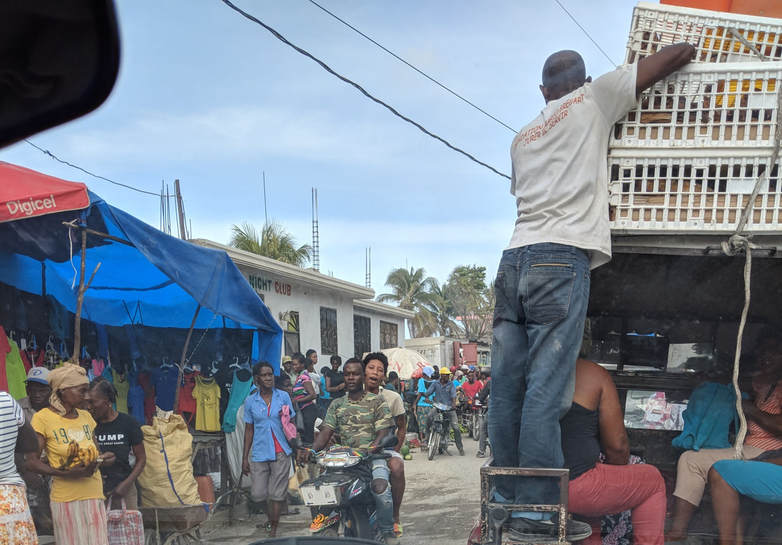
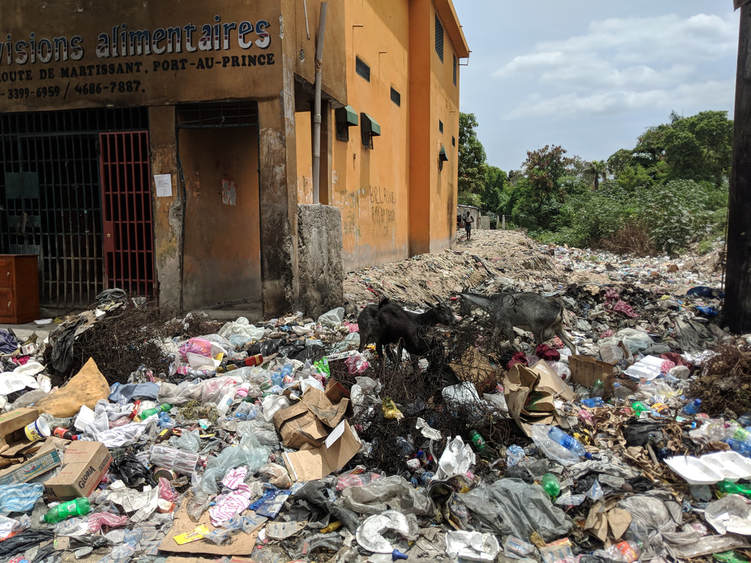
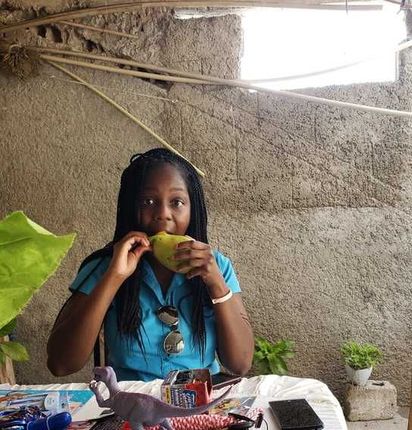
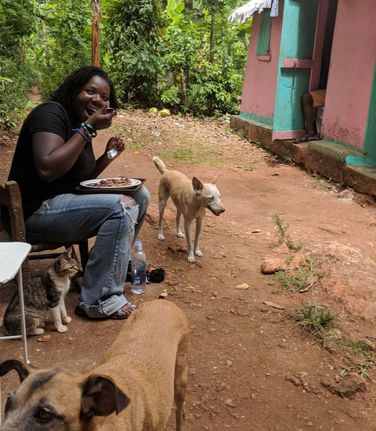
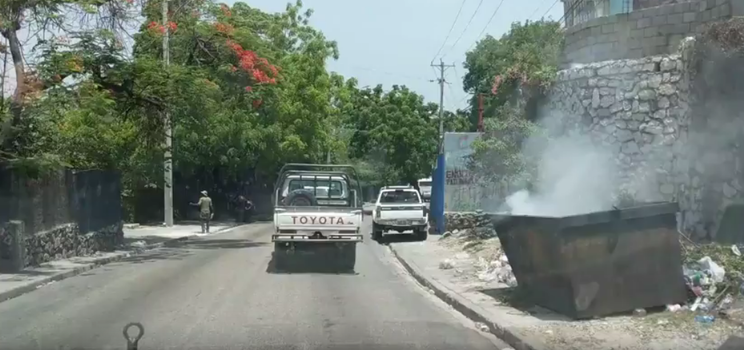
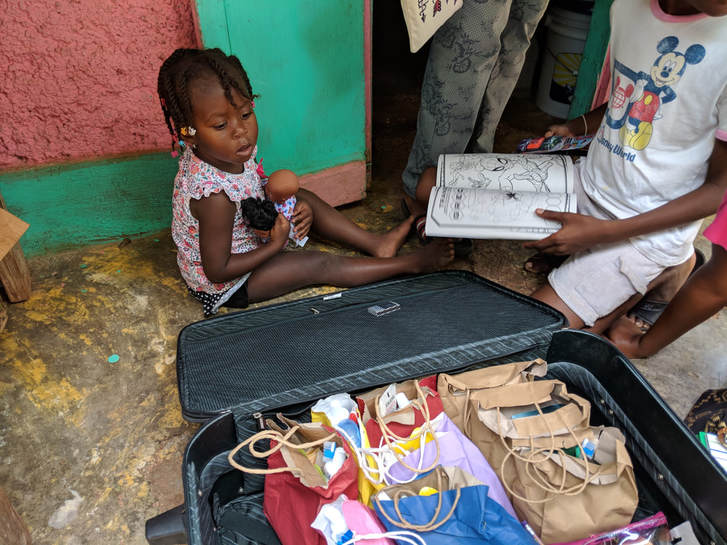

 RSS Feed
RSS Feed